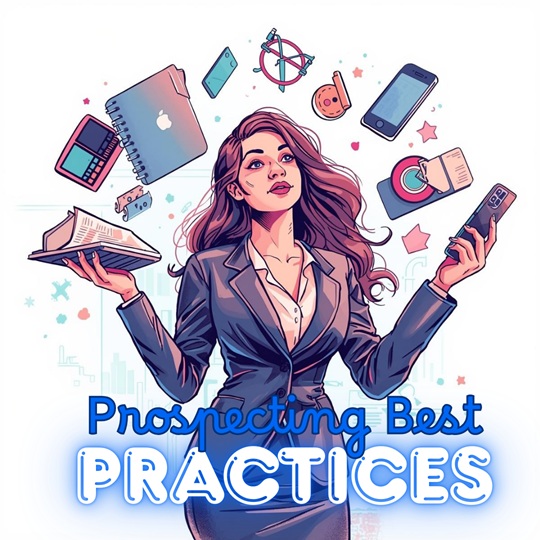There are numerous benefits of role-playing for sales teams and business professionals, particularly focusing on its relevance to entrepreneurs, business owners, and salespeople.
Role-playing serves as a catalyst for enhancing communication skills, refining sales techniques, and overcoming challenges commonly encountered in sales conversations.
By engaging in role-playing exercises, individuals can practice handling objections, build confidence, and experiment with different approaches to discover what works best for them.
The significance of role-playing in developing empathy, emotional intelligence, and problem-solving abilities is critical for sales development.
Through assuming different roles and perspectives, participants gain a deeper understanding of their customers' needs and concerns, enabling them to tailor their sales pitches more effectively.
Additionally, role-playing provides valuable insights into real-life scenarios, helping individuals identify and address personal and team weaknesses while fostering collaboration and teamwork within sales teams.
Sales Role Playing Training Benefits
One of the key benefits of role-playing is that it provides a safe and controlled environment for people to practice and improve their communication skills.
In a role-play scenario, participants can try out different ways of expressing themselves and responding to others, and receive feedback from the facilitator and other participants. This can help them develop more effective communication strategies and become more confident and skilled communicators.
Role-playing can also help people develop their empathy and emotional intelligence.
Taking on different roles and perspectives, participants can gain a better understanding of the thoughts, feelings, and motivations of others. This can help them build stronger relationships and work more effectively with others.
In addition, role-playing can provide valuable insights into the challenges and obstacles that people may face in real-life situations.
Simulating different scenarios and experimenting with different approaches, participants can gain a deeper understanding of the complexity of real-world problems and develop creative solutions. This can help them improve their problem-solving skills and become more adaptable and resilient.
Furthermore, role-playing can be a fun and engaging way to learn and develop new skills.
Creating an immersive and interactive experience, role-playing can make learning more enjoyable and effective. It can also foster a sense of collaboration and teamwork, as participants work together to explore and resolve challenges.

10 Reasons to do Role Playing for Sales
To summarize why sales role playing can help you generate more leads, appointments, and sales faster than ever before, here is a quick summary of my favorite top 10 reasons salespeople need to role play:
- Role playing helps sales teams practice and improve their sales techniques and strategies.
- It allows sales teams to develop and refine their communication skills, including listening, persuading, and negotiating.
- Role playing allows sales teams to anticipate and handle objections and other challenges that may arise during a sales conversation.
- It helps sales teams build confidence and reduce anxiety, which can lead to better performance during actual sales meetings.
- Role playing allows sales teams to experiment with different approaches and find the ones that work best for them.
- It helps sales teams understand the needs and concerns of their customers, which can enable them to tailor their sales pitch more effectively.
- Role playing can help sales teams identify and overcome any personal or team-wide weaknesses that may be holding them back from making more sales.
- It allows sales teams to develop a better understanding of their products or services, which can help them explain the benefits more effectively to potential customers.
- Role playing can help sales teams stay motivated and focused on achieving their sales goals.
- It can foster a sense of collaboration and teamwork within the sales team, which can lead to better overall performance and results.
Overall, role-playing ss a powerful tool for sales professionals seeking to excel in their field, offering practical strategies for boosting sales productivity, improving customer relationships, and achieving greater success in today's competitive business landscape.
AI Sales Role Play
With new advancements in AI and other technology helping to prepare and train sales people, we can now use AI for sales role playing, as well as making cold calls to potential prospects. Its best to leave the main sale or closing the deal to the sales professionals or account executives so that they can build real relationships and engage with clients.
Harnessing the power of artificial intelligence (AI) for sales role-playing can revolutionize training methods and enhance sales teams' performance. Leveraging AI-driven simulations, sales professionals can engage in realistic scenarios that mimic actual sales interactions, allowing for targeted practice and skill development.
AI can provide instant feedback, personalized coaching, and performance analytics, enabling sales reps to refine their techniques, identify areas for improvement, and ultimately elevate their sales effectiveness.
Final Thought
Incorporating role-playing into the sales training and development programs, organizations can help their employees develop the skills and knowledge they need to succeed in today's fast-paced and complex business world.
Related: How to be a Great Salesperson





.png)










